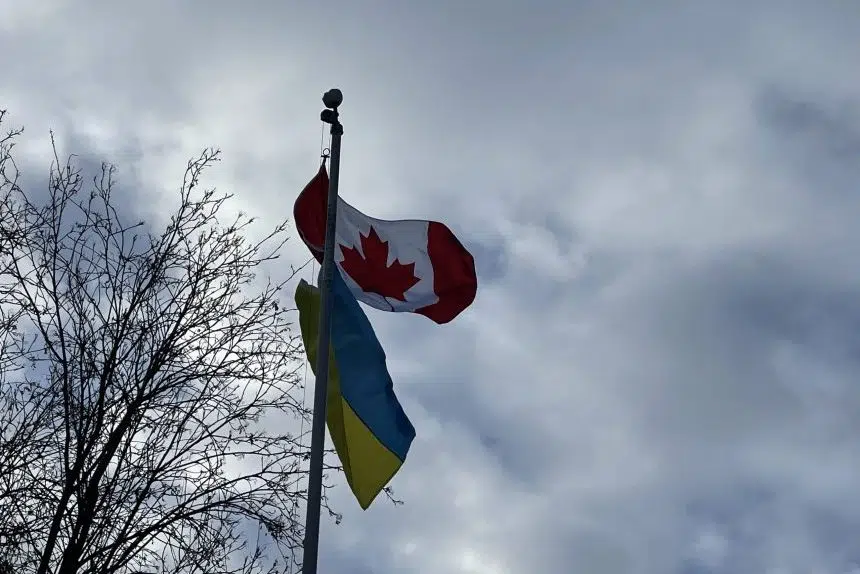The war in Ukraine continues to escalate, with soldiers on both sides dying and Ukrainian civilians being killed.
So what should the West be doing about it?
That can be a tricky question, according to Bohdan Kordan, a political studies professor at the University of Saskatchewan and the author of multiple books on Ukraine.
He joined Gormley to discuss the conflict.
Ukrainian President Volodymyr Zelensky has asked NATO multiple times in recent weeks to implement a no-fly zone over his country.
Kordan said there could be serious consequences if that does happen.
“A no-fly zone, largely because it would necessarily put a point of contact between NATO forces and Russia, it could very easily escalate into a Third World War,” he said.
“The argument, of course, is that a no-fly zone would be used for humanitarian purposes, but that’s a difficult proposition in the theatre of war.”
The option NATO countries like Canada, the United States and the United Kingdom has been taking has been supplying Ukraine with weapons and supplies, hoping the country will be able to beat back Russia.
However, Kordan said what has been given so far isn’t enough. He pointed to the latest aid package from the U.S., which will cost that country $800 million.
One example he brought up is the Switchblade, an unmanned aerial vehicle (UAV). He said only 100 of those vehicles are being offered to Ukraine currently.
“The former Ukrainian defence minister has indicated that just the array of equipment that’s pointed against Ukraine is substantial, and 100 UAVs is a drop in the bucket. What they need is approximately 5,000 to 7,000 of these things,” he explained.
“We’re seeing the kind of reluctance on the part of NATO as well as other partners in providing that kind of assistance … What more can be done? They’re hoping that the bite of sanctions will reverse course.”
There has been some positive movement from those sanctions.
“In some respects, you see that in the context of some of the diplomatic negotiations. Russia has dropped some of its demands, not least of which was regime change,” Kordan explained.
But overall, there still isn’t a clear path.
“There’s this kind of duality (of) wanting to help but can’t help, hoping for other sorts of breakthroughs. And yet at the same time, it’s a war of attrition,” he said.
“The hope is that the Ukrainians will be able to resist and outlast Russia — more specifically that they kill enough Russians that ultimately the Russians will retreat.”











